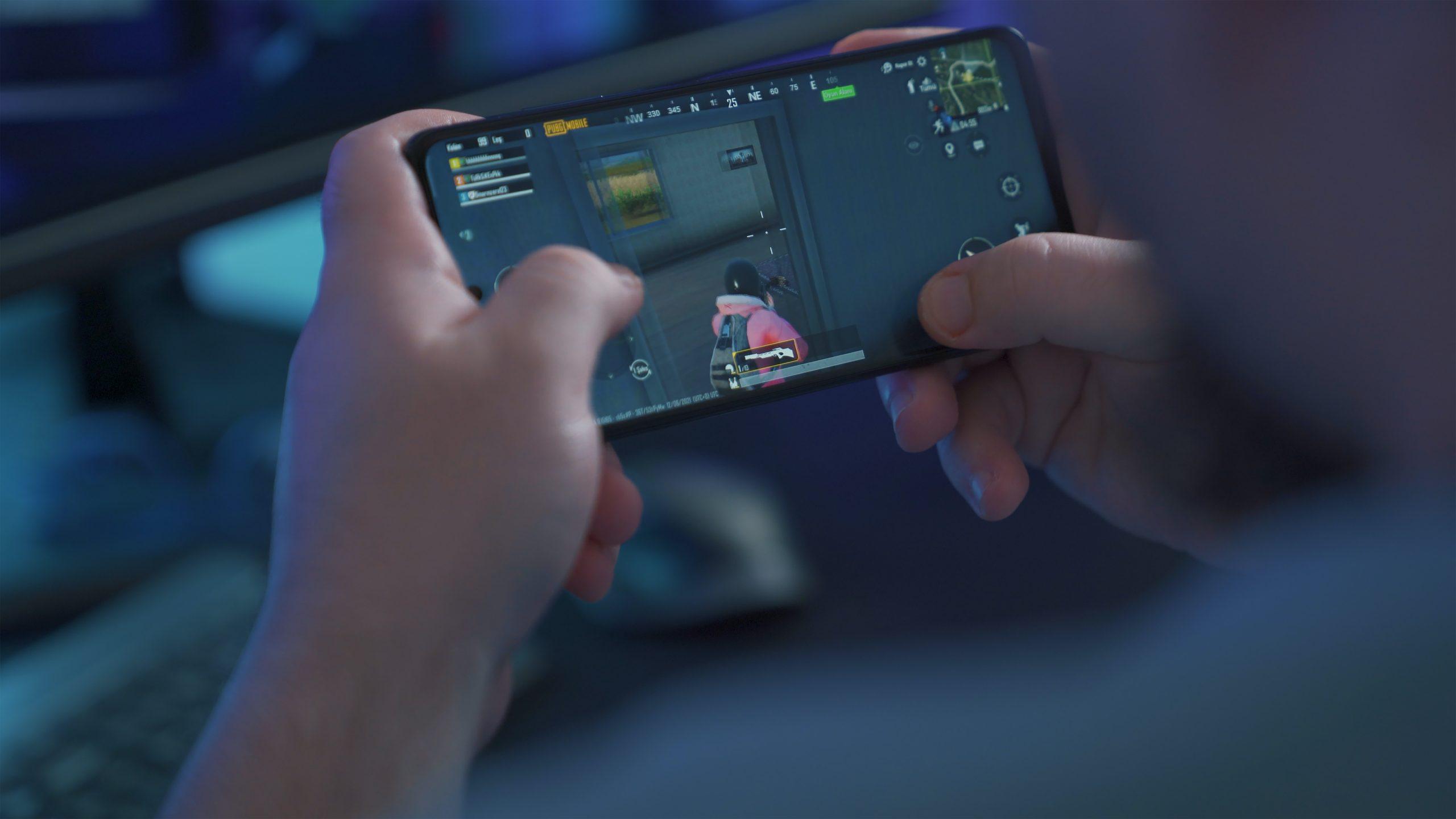
What does the future of mobile gaming look like?
The gaming market used to be dominated by PC and console titles, but the evolution of mobile phones has changed the landscape completely.
Now that millions of people worldwide carry miniature gaming devices in their pockets, it’s no surprise that mobile gaming has overtaken the industry. More people play mobile games than all other devices combined, and they spend the most money, more than $120 billion in 2021.
Mobile gaming appeals to a much broader spectrum of players than traditional video games. The label also covers a wider variety of games, from AAA-rated titles to puzzle games, trivia games, and casino games like Casino 777. Mobile games are much cheaper to start playing, especially if you already have a smartphone, because you don’t have to buy anything special to play them on. Most mobile games are targeted at casual gamers and are designed to be played in short bursts rather than requiring you to invest many hours in a series of quests.
With mobile games now the biggest influence in the gaming market, let’s look at some factors that will determine how they evolve over the next year.
The Rise of esports

More people are now choosing to watch games than play them. This might sound like a negative for the industry, but actually the rise of esports has been a big boost. The value of the esports industry doubled from 2020 to 2021 and again in 2022, meaning it is now worth $2 billion. Esports is keeping games like Fortnite and League of Legends popular, which in turn is driving traffic to the games themselves.
Mobile Cloud Gaming
Cloud gaming works similarly to streaming services like Netflix and Disney+. However, instead of spending hours downloading a game and all future updates, the game would play on a remote server and stream straight to your device. No waiting times, no loading times, just instant gameplay. This would also mean more cross-platform play as all the games would be streamed from the same place, making it even easier for you to play with your friends.
Changes to Advertiser Permissions
First, Apple and then Android have changed the way that advertisers can track an individual’s ad preferences. Many free mobile games have an advertisement element built in. It’s how they make their money. Users now need to opt-in to targeted ads, which has made monetizing games harder because they now can’t guarantee that the adverts people are seeing are of interest to them. It will take a few years to see how this affects app revenue, but the developers are already looking at alternative ways to monetize their games.
Subscriptions
Younger generations of gamers are increasingly moving towards a subscription-based gaming service rather than buying their games outright. This is perfect for players who aren’t likely to keep revisiting the same game. Apple Arcade has been reasonably successful in this approach, offering a variety of Indie games alongside remastered favorites to tempt players into joining up. Subscription services offer developers a real alternative to ad-based revenue, and it’s likely that most games will be part of a subscription service in the future.
Increased Socialisation
There are whole communities that have popped up around games, and mobile gaming is no exception. Apps like Discord and WeGamers allow players with shared interests to get together (virtually) and talk about their experiences. More and more games are implementing group functions where players join guilds or team up, like in Pokemon Go, giving them a sense of belonging to a game family. Some games have even started to include hangout rooms where player avatars can socialize and meet with others directly in-game. More than 2/3 of players have stated that they prefer socializing while playing to playing along, so it looks like this is a feature that will definitely be here to stay.
Mobile iGaming

iGaming is a relatively small part of the mobile gaming sector, but these apps are gaining more players every day. As they don’t feature in-game ads, they aren’t shaken by the security changes, meaning iGaming developers can continue to create the same top content without worrying about a market downturn. They’re also part of the social gaming revolution, with chatrooms for players to talk to each other while playing their games. The current iGaming industry seems reasonably future-proof, with the upcoming changes and new mobile gaming trends having little impact on their design.
The mobile gaming market is moving the gaming industry away from big gaming titles and open-world epics. Instead, it is increasingly influenced by casual and social gamers, which has changed popular games. The market is also moving away from owned games and towards cloud gaming and subscription services to cater to players who like to keep trying new things.
Recommended

Can a VPN really lower your game ping? Myths vs. reality
Do you really need it?

MrBeast takes action on Ava controversy, responds to allegations
MrBeast has launched a private probe.








